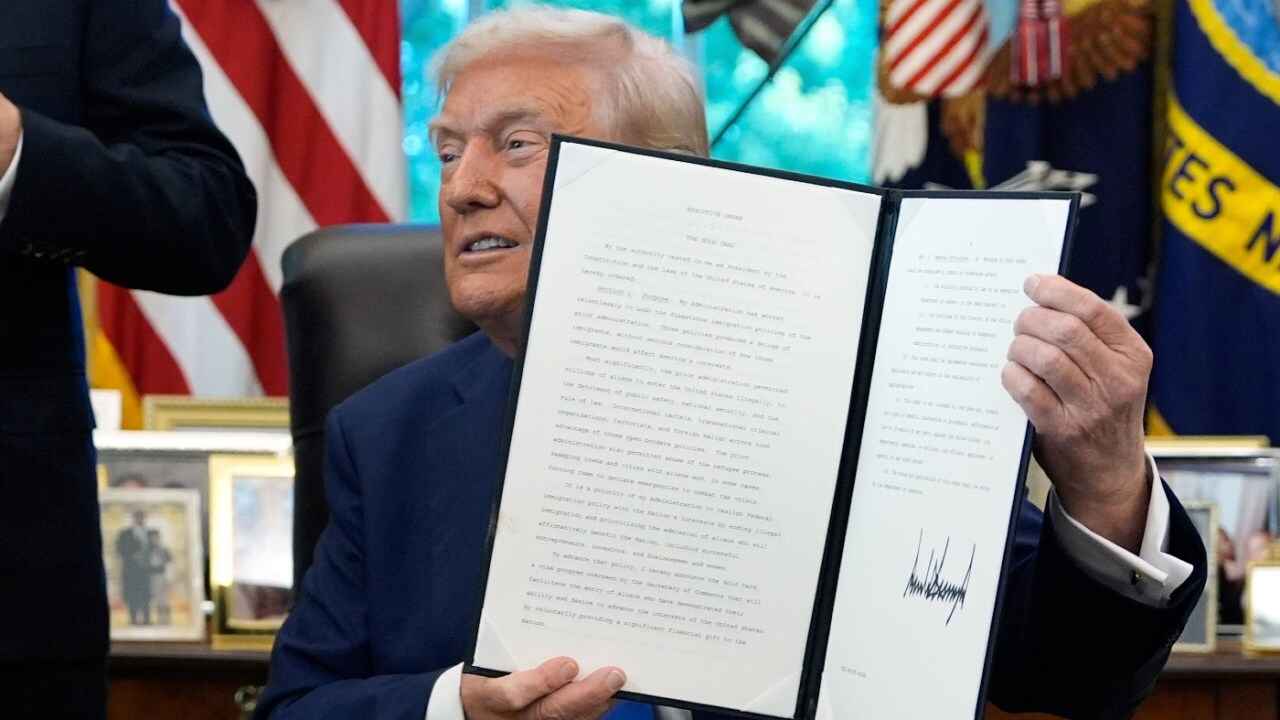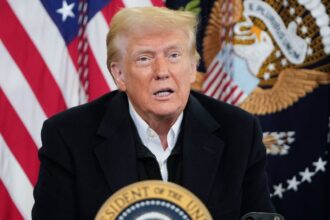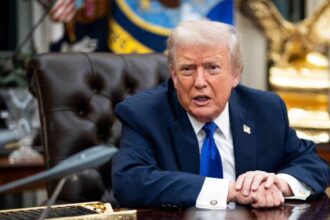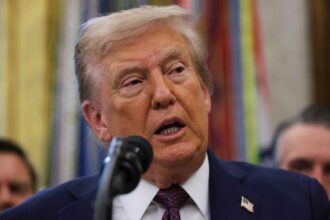- Trump signs proclamation imposing $100,000 H-1B visa fee
- Measure adds to existing employer-paid costs for skilled foreign workers
- Commerce Secretary says move will “stop bringing in people to take our jobs”
- Tech industry fears reduced access to global talent
- Labor Secretary tasked with revising wage rules for H-1B program
President Donald Trump has signed a proclamation requiring companies to pay a $100,000 fee for each H-1B visa application, a move expected to reshape how U.S. employers recruit foreign talent and escalate the administration’s crackdown on immigration.
The policy, announced Friday, adds the massive fee on top of existing costs already borne by employers sponsoring skilled workers from abroad. The H-1B visa program has long been a lifeline for U.S. tech firms and other industries seeking specialized talent unavailable in the domestic labor market.
Trump framed the measure as a way to prioritize American workers. “We need workers, we need great workers and this pretty much ensure that that’s going to happen,” the president said while signing the order.
Commerce Secretary Howard Lutnick reinforced the administration’s stance, arguing the measure would deter reliance on foreign labor. “Stop bringing in people to take our jobs, that’s our policy here,” Lutnick said. He added that large corporations had been consulted and were “on board” with what he called the administration’s “gold card” approach.
Immigration experts warn that the extraordinary cost could drastically reduce applications. The H-1B program, typically valid for three years and extendable up to six, has been especially vital to Silicon Valley, where firms compete globally for engineers and developers. Critics argue the new fee amounts to an economic barrier that undermines innovation and global competitiveness.
Alongside the fee hike, Trump directed Labor Secretary Lori Chavez-DeRemer to begin revising prevailing wage levels for the H-1B program, according to reporting by Bloomberg. The move signals further regulatory tightening that could reshape how employers calculate salaries for foreign hires.
While supporters of the policy applaud it as a way to “hire Americans first,” the decision is expected to draw legal challenges and intensify debates over the balance between immigration controls and U.S. economic needs.









